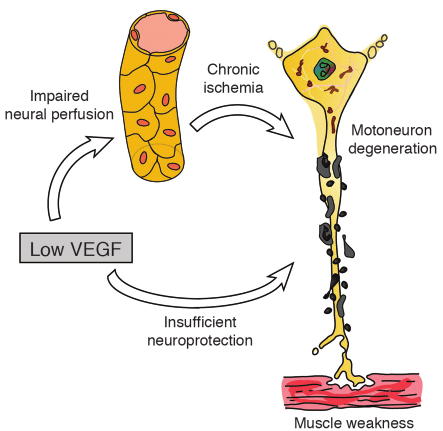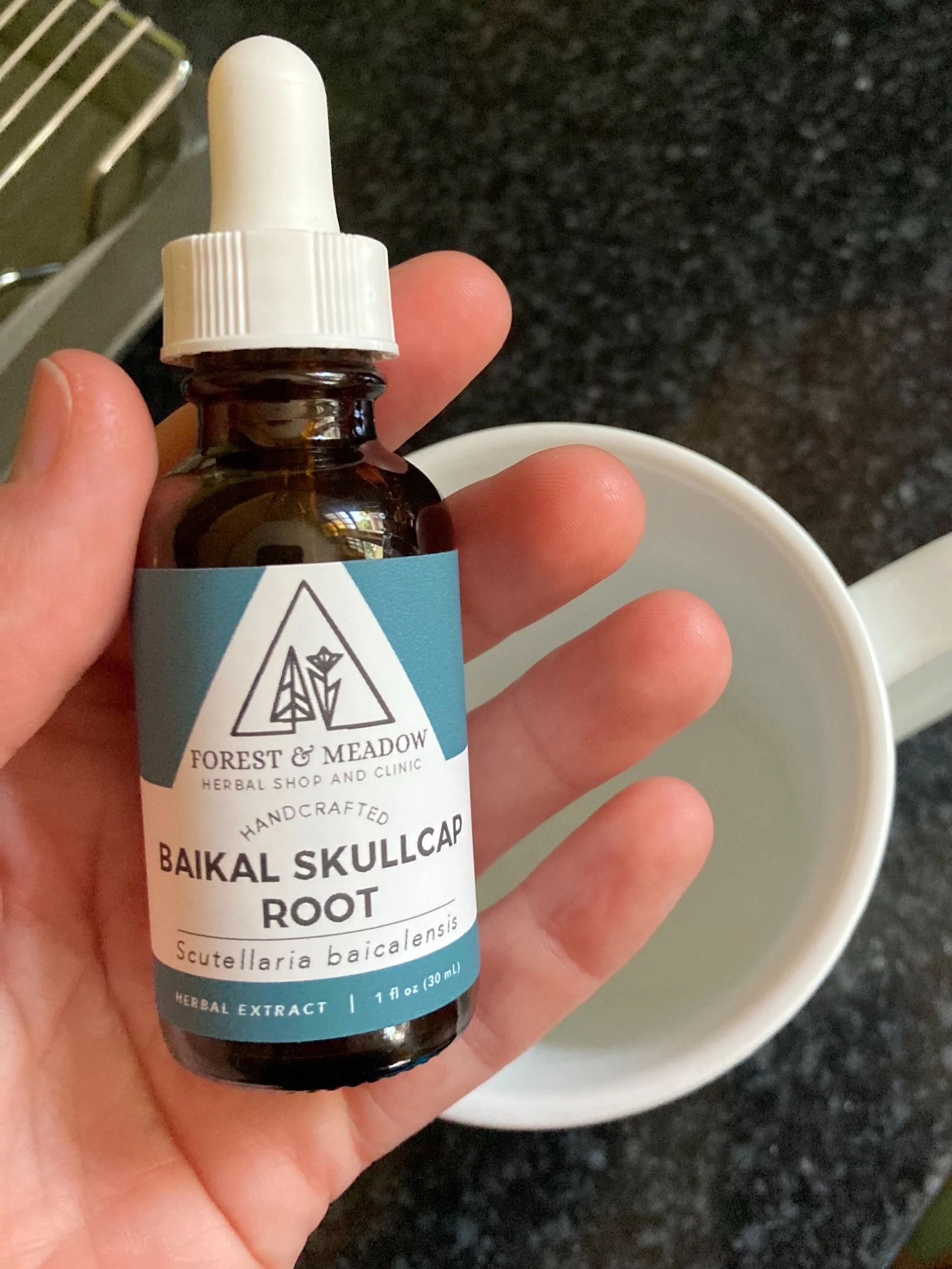Exertional intolerance and fatigue… should you test VEGF?
For those catching up, I am sharing my personal journey through chronic illness due to a toxic mold exposure and a confirmed severe case of chronic inflammatory response syndrome (CIRS). My hope is in sharing my journey, I may help someone else with their own.
What is VEGF and why is it important?
VEGF= Vascular Endothelial Growth Factor
Normal range: 31- 86 pg/ mL
improve delivery of nutrient and oxygen via capillary blood flow
stimulates the growth of new blood vessel formation (angiogenesis)
it responds to hypoxia
reduce infarct size on the brain and heart due to lack of oxygen (ischemia)
lowest in severe cases of CIRS where oxygen hypoperfusion becomes challenging as VEGF cannot correct itself
low VEGF will reduce mitochondrial function and raise lactate
too much VEGF can lead to increased blood vessel formation (typically tested with cancer patients to avoid metastasis)
Symptoms of low VEGF?
exercise intolerance (decreased aerobic energy production)
fatigue with neurological symptoms
low tissue oxygenation
high blood pressure
delayed wound healing
cognitive dysfunction and neurodegeneration
not able to effectively burn glucose
constant aches
low VO2 max on pulmonary function stress test (less than 20 in severe illness)
vocal cord dysfunction due to poor oxygenation
muscle weakness due to motoneuron degeneration, chronic ischemia and insufficient neural protection
How to test VEGF?
blood test
Lab Req:
Treatment Recommendations for low VEGF?
low amylose diet Appendix 4 (page 16)
carnivore diet
high dose fish oil (2.4 g of EPA and 1.8 g of DHA) per day
Procrit can be considered at 8,000 units with CBC and VCS (Visual Contrast Sensitivity Test) screen
mild exercise
VIP (Vacoactive Intestinal Polypeptide) can be used to support VO2 max
Scutellaria baicalensis root (used traditionally for strokes)
Resveratrol (low dose 2 ng/ mL) in vitro and in vivo induces angiogenic actions
Curcumin from turmeric root
high altitudes can raise low VEGF levels
If you would like an invite to take the VCS test or schedule a deep dive assessment and create a plan:
Research has shown the mycotoxin, fumagilin, derived from Aspergillus fumigates inhibits multiple key angiogenic mediators (VEGF being one of them). Researchers have created a synthetic analog of fumagilin, Lodamin, which is on of the most potent and broad spectrum. It can inhibit VEGF angiogenesis by 41%. This shows how debilitating a mycotoxin or synthetic analog of fumagillin can be at inhibiting angiogenesis. Research: 1, 2, 3
This is not medical advice. You should always consult your healthcare practitioner(s) for medical advise and what is best for your care. The purpose of this blog is to centralize and share information while connecting with others.



